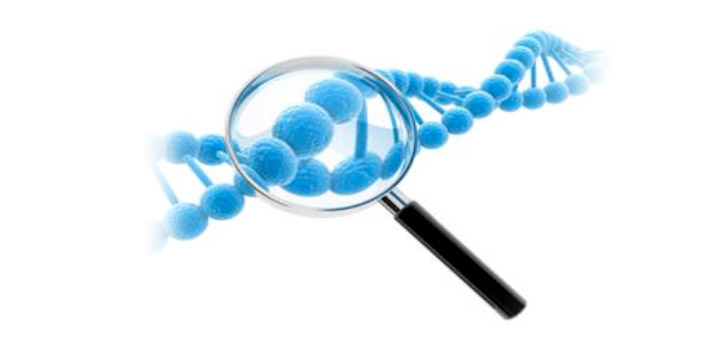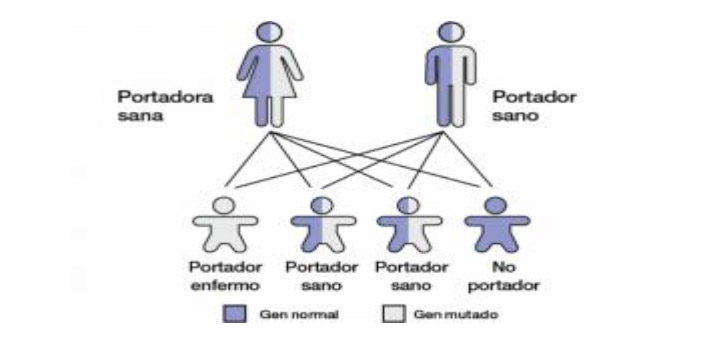It is a preventive diagnostic test for preconception genetic screening. It offers people the chance of finding out in advance about the potential risk of passing on genetic diseases to their offspring.
It is designed to help prospective parents have healthy children.
All humans unknowingly carry mutations that cause genetic variations. We are all at risk of having a child with a genetic disease even if we have no family history or do not show any symptoms. The risk of a child inheriting or being affected by a genetic disorder is determined by the genetic status of the parents.
Performing the test just requires the drawing of a blood sample.
At present, it is the screening test that checks for the most diseases; it is designed to identify more than 9000 mutations that make up approximately 300 genetic disorders. These notably include: Cystic fibrosis, Sickle cell anemia, Hemochromatosis, Spinal musuclar atrophy, Fragile X Syndrome, Thalassemia, Tay-Sachs disease, Duchenne muscular dystrophy, and more.
The carrier test is indicated for:

Each member of a couple, or each donor who is screened, may be identified as a CARRIER or a NON CARRIER.
Every person has two copies of each gene. A CARRIER is someone who has an alteration in one of the two copies of a gene. As the other copy is normal, the carrier does not show any signs or symptoms of the disease.
This means that although usually the carrier’s own health will not be affected, there is a greater risk of their children developing the disorder.
In certain cases, both parents are carriers of the same genetic mutation. When that happens, there is a greater chance that a child will be affected.
Various reproductive options are available:

When donated gametes are used, both donor and recipient are tested to assure compatibility (Matching).
The results can be used to help make decisions about reproductive options.